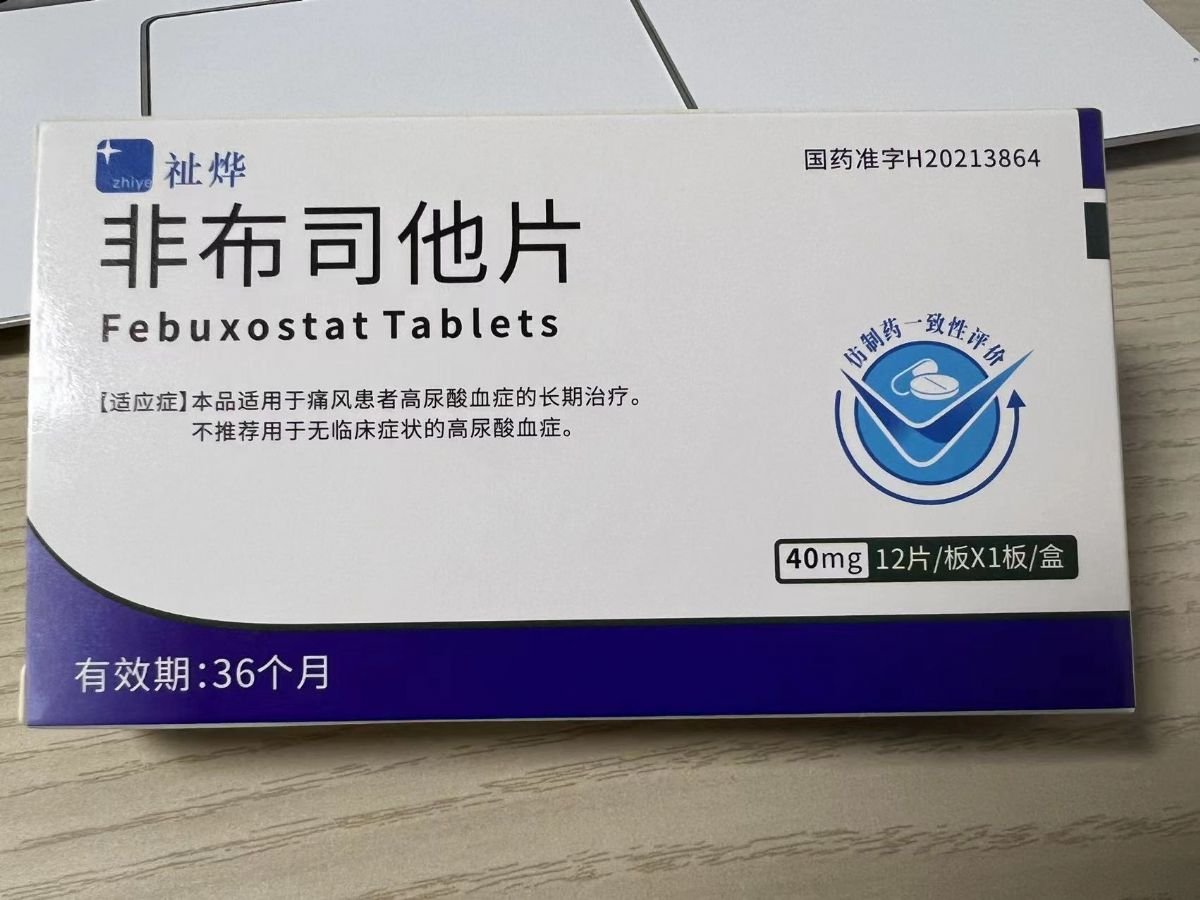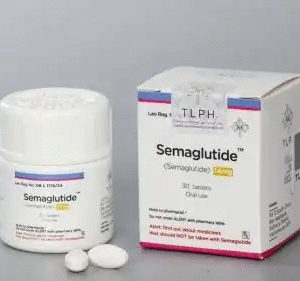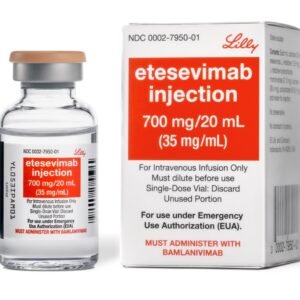Febuxostat Tablets
Effects and efficacy:
Febuxostat is suitable for long-term treatment of hyperuricemia in patients with gout, and is not recommended for hyperuricemia without clinical symptoms.
Usage and dosage:
The recommended starting dose of febuxostat tablets is 20 mg, once a day. It can be gradually increased according to the blood uric acid level under the guidance of a doctor after 4 weeks, and can be increased by 20 mg each time. The maximum daily dose is 80 mg. After the blood uric acid level reaches the target value (less than 6 mg/dl, about 360μmol/L), maintain the lowest effective dose. Please follow the doctor’s advice for details. When administering, there is no need to consider the effects of food and antacids, and it can be taken before or after meals. Special population medication Patients with liver dysfunction: Patients with mild and moderate liver dysfunction (liver function grade Child-Pugh A and B) generally do not need to adjust the dose; patients with severe liver dysfunction (Child-Pugh C grade) should use febuxostat with caution. Please consult a doctor for details. Renal impairment: Patients with mild or moderate renal impairment (creatinine clearance Ccr < 30-89 ml/min) do not need to adjust the dose. There is no sufficient research data for patients with severe renal impairment (Ccr < 30 ml/min), so febuxostat should be used with caution in such patients. Gout attack: Gout attacks may occur in the early stage of medication, because changes in blood uric acid levels lead to the mobilization of urate deposited in tissues. Therefore, it is recommended to take nonsteroidal anti-inflammatory drugs or colchicine at the same time, and the benefits of preventive treatment can last up to 6 months. In addition, during febuxostat treatment, if gout attacks, there is no need to stop taking the medication. Gout should be treated accordingly according to the individual situation of the patient. Please follow the doctor’s advice for details.
Adverse reactions:
Liver abnormalities: liver failure (some are fatal), jaundice, severe abnormal liver function test results, liver disease. Immune system: allergic reaction. Muscle, bone and connective tissue: rhabdomyolysis. Psychiatric disorders: psychotic behavior including aggressive tendencies. Urinary system: tubulointerstitial nephritis. For other adverse reactions, please refer to the drug instructions or consult a doctor or pharmacist.
Drug contraindications:
Do not use if you are allergic to this product
Share:
Products
Our offers
Health Classification
Let us work together to protect precious health






























